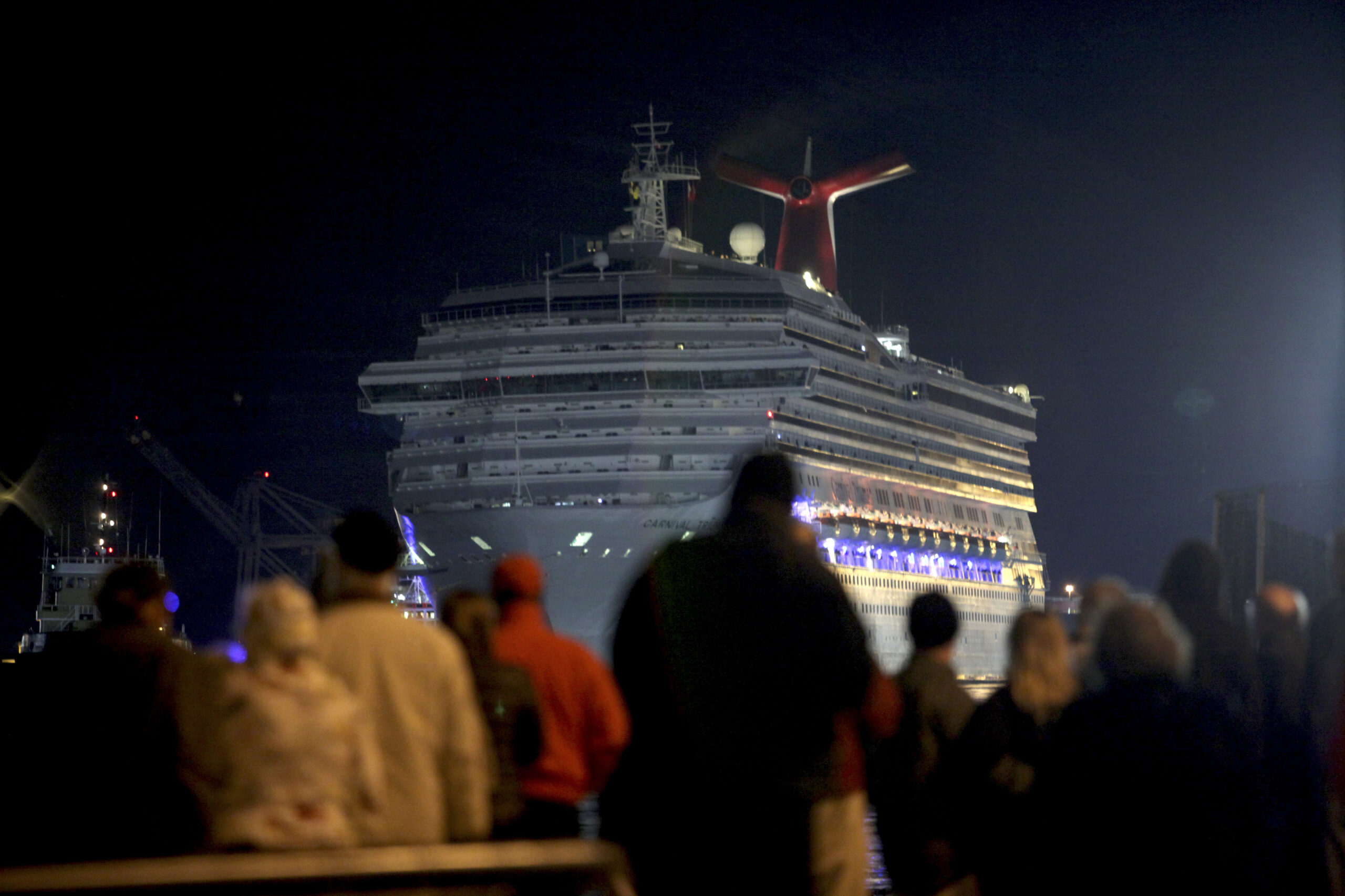Carnival Corp., the world’s largest cruise operator, agreed to spend $180 million to cut sulfur emissions from 32 ships, bowing to demands by the Environmental Protection Agency to clean up pollution it causes near ports.
Under the agreement with the EPA, announced today by Carnival and the agency, the company will to install scrubbers and diesel particulate filters on its ships to cut pollutants that can exacerbate smog or discharge microscopic particles dangerous to humans’ lungs.
“We have developed a breakthrough solution for cleaner air that will set a new course in environmental protection for years to come,” Carnival Chief Executive Officer Arnold Donald said in a statement.
Regulators are seeking to reduce emissions from vessels, including cruise ships, that the EPA says are significant contributors to air pollution at ports. Standards developed by the U.S., Canadian and European governments imposed a 1 percent cap on sulfur in diesel used by ships in a 200-mile zone near the U.S. shore as of last year, and a 0.1 percent cap by 2015. The cruise industry complained that enough low-sulfur fuel might not be available by 2015, which could raise their costs.
Carnival, based in Miami, will scrub the emissions instead of using lower-sulfur fuel, with a deadline of mid-2016 to install the equipment on all 32 ships, which primarily serve North American markets. That will help the company head off higher fuel costs, the company said in its statement.
Carnival runs 102 ships under 10 different brands, including Princess, Holland America, Costa and Cunard, and said it would “explore the possibility” of adding the scrubber technology to other ships.
“This is clearly a mixed bag, because it will mean dirtier air in the short term, with the potential for cleaner air down the road,” Frank O’Donnell, president of the Clean Air Watch, said in an interview.
Carnival Agrees To Spend $180 Million To Reduce Ship Pollution
It comes following demands from the EPA
By
Mark Drajem
Published
By Mark Drajem
MORE FROM
Mark Drajem

